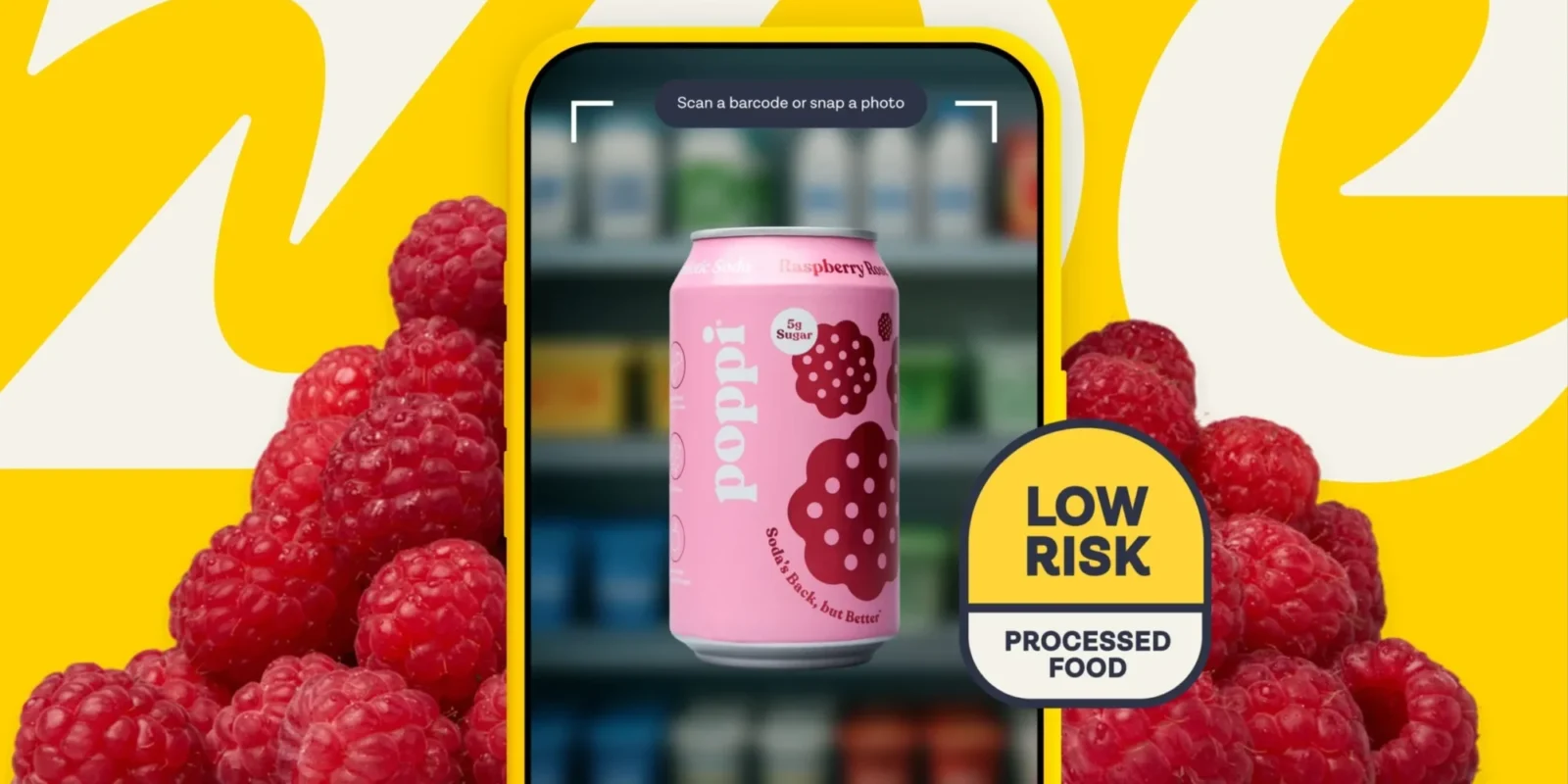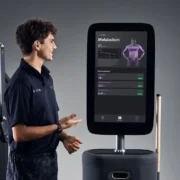New App from Zoe Labels Food Risk in Seconds

Zoe isn’t waiting on food companies or government action — it’s offering consumers a tool to make more informed choices now with its AI photo scanner
Science and nutrition company Zoe has launched a free, AI-powered food camera app, the Zoe Risk Scale for Processed Food, that lets users snap a photo of their food (or barcode) to assess how processed it is and evaluate its potential impact on health.
The app evaluates foods using Zoe’s research and a database of over one million everyday food items, assigning one of five labels: Unprocessed, No Risk, Low Risk, Medium Risk or Highest Risk and combines other data points to generate an overall health score for each meal.
Zoe’s app launches amid the “Make America Healthy Again” (MAHA) movement, aligning with calls for transparency and sweeping change. Notably, newly nominated U.S. Surgeon General Dr. Casey Means has advocated for warning labels on disease-linked foods, such as ultra-processed items.
“Ultra-processed foods cause serious chronic disease and are highly addictive,” Dr. Means wrote in her newsletter last fall, noting that the health-focused policy has bipartisan support. “Junk food causes more deaths globally than tobacco. We should move to put warning labels on every one of these products, akin to the Surgeon General warning for cigarettes.”
Zoe co-founder Professor Tim Spector, MD, said consumers increasingly want to eat healthier but are overwhelmed by conflicting advice from social media and food marketing.
“People are crying out for clarity, which is why Zoe created the Risk Scale for Processed Food,” Spector said. “Based on the latest evidence and scientific research, it cuts through the noise, helping people see through empty health claims and confusing labeling. Now, the public can quickly and easily understand the genuine health risks associated with food products and make sensible choices.”
Zoe’s consumer research highlights widespread confusion around nutrition. Nearly half of Americans say they struggle to determine what’s healthy in the grocery store, and 76% believe there’s too much conflicting advice. While 49% rely on food labels to guide their purchases, one in four question their accuracy. Marketing buzzwords also appear to influence perceptions – 61% view “high protein” labels as a sign of health, while 44% say the same about “low fat.” At the same time, at least one in five adults in every U.S. state is living with obesity, and rates of type 2 diabetes, heart disease and other chronic conditions continue to climb. Perhaps most striking is a finding from Lifesum that one in four U.S. employees consider themselves addicted to ultra-processed foods.
“I think the ability to discover which processed foods are safe and which are high-risk is a game-changer for public health, helping consumers take back control of their health despite our broken food industry,” Zoe co-founder and CEO Jonathan Wolf said. “Big food is making too much money to change unless we make them – but as shoppers, we can cut through their health claims and push them to create better food for all of us.”



